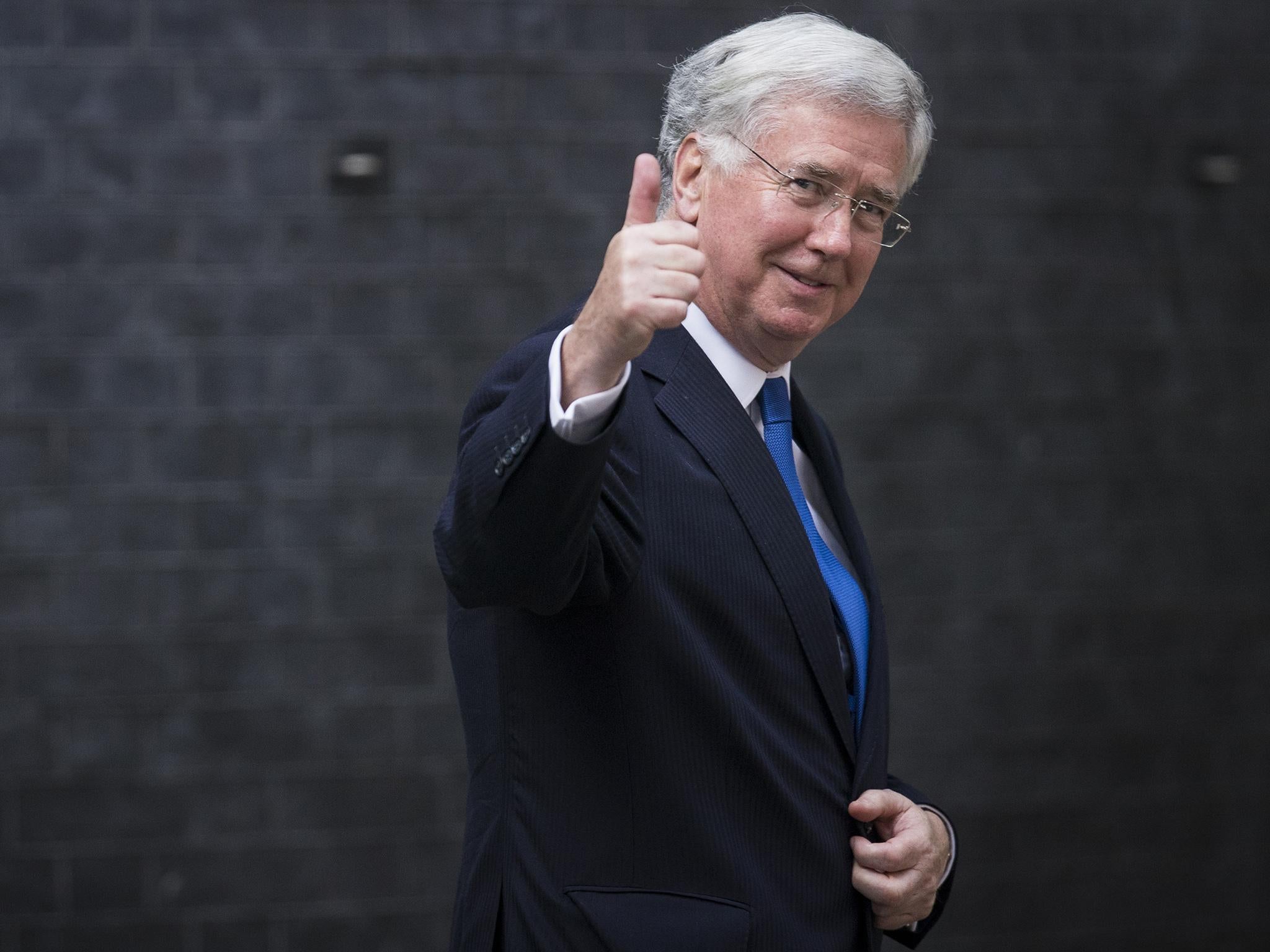The UK would exercise its power of veto to block the creation of an EU army while it remains a member of the European Union, according to Defence Secretary Sir Michael Fallon.
EU Commission President Jean-Claude Juncker has spoken of the possibility of a “common military force” at a meeting of EU leaders in Bratislava, to which Britain was not invited.
Sir Michael told The Times newspaper. "That is not going to happen. We are full members of the EU and we will go on resisting any attempt to set up a rival to Nato."
A document discussed at the Bratislava summit indicates the European Commission will put forward proposals in December for a common military force, for which agreement will be sought in the summer.
France and Germany are understood to be behind the proposals. Europe’s defence ministers are due to meet next week and are expected to discuss the issue.
"We have always been concerned about unnecessarily duplicating what we already have in Nato," Sir Michael said. The veto threat will further poison British relations with Brussels after the Brexit vote and harden attitudes in Germany and France against giving Theresa May concessions on access to Europe's single market.
Diplomatic relations between the UK and the EU are already fraught. The UK vetoing significant EU policy while it simultaneously negotiates its exit from the union could have significant consequences.
All previous steps toward creating a common EU military force have been vetoed by Britain.
The most recent proposals, drafted by President Juncker, call on the EU to "establish permanent, structured co-operation in defence, including the creation of common battle groups to carry out military intervention in crises".
German Chancellor Angela Merkel said the UK’s input on the issue would be sought via talks between Theresa May and European Council President Donald Tusk. "We need more co-operation, particularly in the area of defence, and a lot more needs to be done on the Franco-German plan," she said. "The UK remains a member of the EU and all of these issues have to be discussed."
At a press conference with Mrs Merkel, President Hollande of France said: "The UK still has responsibilities."
The Baltic states, where Nato battalions are currently in operation, are uneasy about the possibilty of an EU army that could replace Nato. Sir Michael has pledged extra troops for Nato battalions in Latvia, Lithuania, Estonia and eastern Poland.
"We will go on being committed to the security of the European continent," he said. "We are not going to back out of our commitment to keeping Europe secure but we don't want to see unnecessary bureaucracy at the EU level when we have got it in Nato."
Subscribe to Independent Premium to bookmark this article
Want to bookmark your favourite articles and stories to read or reference later? Start your Independent Premium subscription today.


Join our commenting forum
Join thought-provoking conversations, follow other Independent readers and see their replies